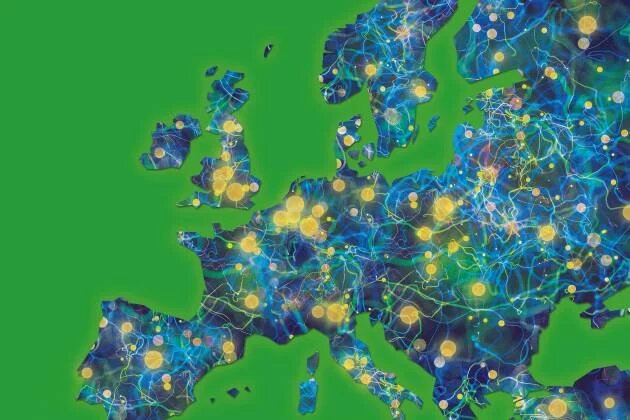
The European Energy Atlas 2018 is published at a time when the EU Member States are discussing their energy and climate strategy until 2030 – the so-called Clean Energy Package. These goals and regulations will shape Europe’s energy and climate policy for the decades to come. They will decide if we act efficiently on fighting climate change and limit the global rise in temperature to 2 degrees Celsius.
Are these measures currently being negotiated in Europe enough to achieve this, however? Although the Clean Energy Package is setting some crucial signals for further development of the European energy transition the real potential of energy efficiency and renewables is not sufficiently exploited. The goals on the table are not ambitious enough and are endangering the energy successes of the past years. The energy transition is happening differently among the EU Member States. Yet it is clear: the various national energy transitions will only succeed if they form part of an ambitious common European project!
The European Energy Atlas shows a clear alternative: It not only provides a compass on the different energy discussions in different Member States but also reveals how a Europeanization of the energy transition will be the more efficient and cost-effective option for all Europeans.